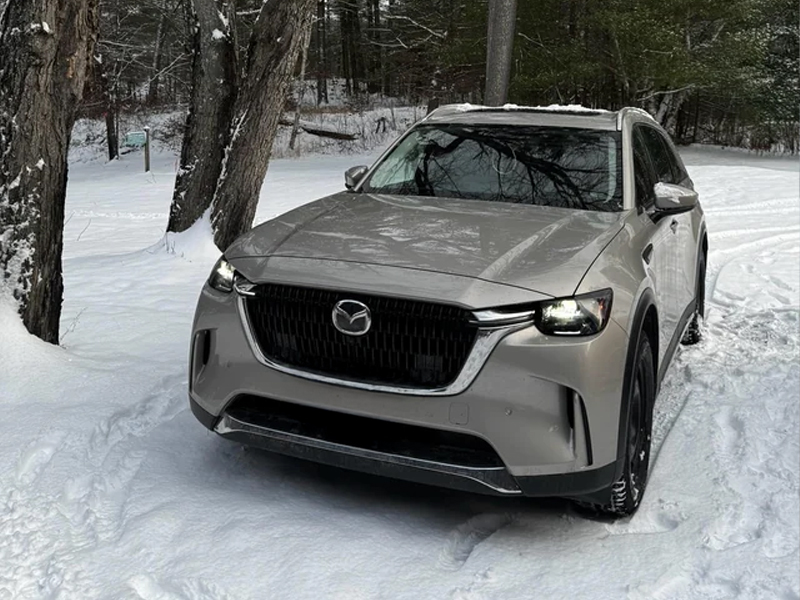As temperatures drop and roads become icy, preparing your vehicle for winter is one of the most important steps to ensure safety and reliability. Cold
As temperatures drop and roads become icy, preparing your vehicle for winter is one of the most important steps to ensure safety and reliability. Cold weather affects nearly every system in a car—from tires and fluids to the battery and braking system. Proper winter maintenance not only reduces the risk of breakdowns but also improves handling, fuel efficiency, and overall performance.
1. Tires: Your First Line of Defense
Switch to Winter Tires
Winter tires are designed with softer rubber compounds and deeper tread patterns that remain flexible in low temperatures. They provide dramatically better grip on snow, ice, and slush compared to all-season tires.
Check Tread Depth
A minimum tread depth of 4 mm (5/32″) is recommended for winter driving. Worn tires increase stopping distances and reduce control on slippery surfaces.
Adjust Tire Pressure
Cold air reduces tire pressure. Check and inflate your tires regularly—often once a month—because underinflated tires lead to poor traction and increased wear.
2. Essential Fluids to Inspect and Replace
Engine Oil
Winter-grade oil (often thinner) flows better in cold temperatures and reduces engine strain during startup. Check your owner’s manual for the recommended viscosity for low temperatures.
Coolant / Antifreeze
A proper 50/50 mixture of antifreeze and water prevents your engine from freezing. If the coolant is old or contaminated, flush and replace it before winter sets in.
Windshield Washer Fluid
Use winter-specific washer fluid rated for sub-zero temperatures. Standard summer fluid can freeze on the windshield, blocking visibility.
Brake Fluid
Cold weather can expose weaknesses in braking systems. Ensure brake fluid is clean and at the proper level; contaminated fluid reduces braking effectiveness.
3. Battery: Prevent Cold-Weather Failures
Cold temperatures reduce a battery’s ability to hold a charge. To avoid a dead battery on a freezing morning:
-
Test the battery’s voltage and charging capacity.
-
Clean any corrosion from terminals.
-
Consider replacing batteries older than 4–5 years.
-
Ensure the alternator is working properly.
A strong battery is one of the most important components of winter reliability.
4. Lights and Visibility
Shorter days and snow-covered roads make visibility critical.
-
Inspect all headlights, taillights, brake lights, and turn signals.
-
Clean lenses regularly to remove road salt and grime.
-
Replace dim or flickering bulbs promptly.
Clear vision is essential—not just for you, but for other drivers to see you.
5. Wiper Blades and Windshield Care
Winter wiper blades are sturdier and better for clearing heavy snow and ice. Replace worn or streaking blades and keep an ice scraper inside your car. Never use wipers to remove ice from the windshield—this causes premature wear or damage.
6. Heating and Defrosting Systems
A functional heater isn’t just about comfort—it keeps windows clear. Check:
-
Cabin air filter
-
Heater core
-
Blower fan
-
Rear window defroster
Ensuring proper airflow prevents fogging and frost buildup.
7. Undercarriage and Exterior Protection
Salt and road chemicals accelerate rust.
-
Wash your car often, especially the undercarriage.
-
Apply a protective wax coat before winter.
-
Consider rust-proofing treatments for older vehicles.
8. Emergency Kit: Be Ready for the Unexpected
A winter emergency kit can be life-saving. Include:
-
Ice scraper and snow brush
-
Jumper cables
-
Warm blankets
-
Flashlight
-
Emergency food and water
-
Small shovel
-
Tire chains (if required in your region)


COMMENTS